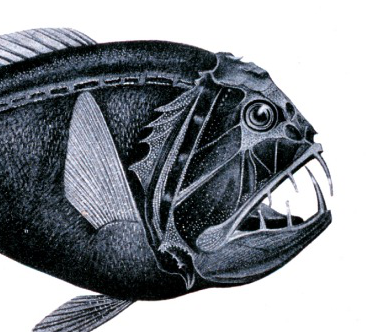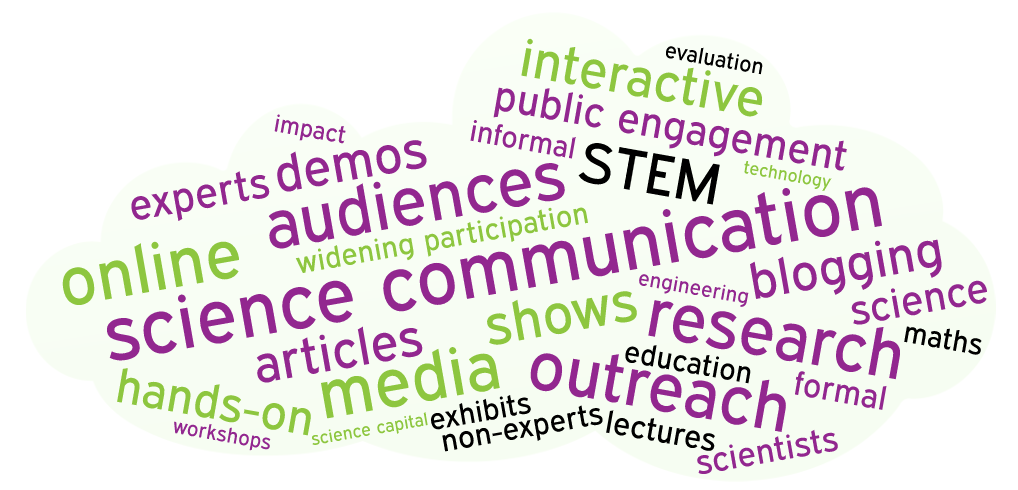I volunteered to write a post for the Thanksgiving theme week late one night, about a month ago. Sun baked from a day in the field, enjoying the relaxing effects of a cold beer, I though to myself: “I can come up with a few reasons I’m thankful for the ocean!” But, as with many decisions made late at night, writing this post was not as easy as it sounded.
I have plenty of reasons to be thankful for the ocean. It provides me with recreation, adventure, healthy food, wear my favourite kitesurf hoodie…the list could stretch on endlessly. But paeans to waves and surfing are a dime a dozen (some of the best, however, are poetry. Check out a few passages from Barbarian Days). More credible adventurers than I have penned tales of inspiration and insight on the high seas (John Steinbeck, for example, wrote a wonderful book about a collections trip with Ed Ricketts in the Sea of Cortez). I had trouble getting motivated to write an essay on the delights of yummy fish. But, I did have a killer title riffing off Douglas Adams’ book So long, and thanks for all the fish. Moreover, in my hubristic little head, I wanted to write something profound!

Profundity, however, is not really something you wake up one morning and just do. Fortunately, people have been making deep comments about the ocean for millennia. From Thales of Miletus, the Greek philosopher who believed water was the origin of all matter, to Beyoncé, the larger-than-life pop star that said the ocean makes her “feel really small.” I decided to look to this plethora of material for inspiration.
You get some pretty fabulous stuff by googling “ocean quotes.” Some are sincere such as this gem from the explorer Jacques Cousteau: “The sea, once it casts its spell, holds one in its net of wonder forever.” Some are satirical like this line from science fiction writer Arthur C. Clarke: “How inappropriate to call this planet Earth when it is clearly Ocean.” All, in their different ways, express a sense of respect and wonder for the water all around us.
The more of these I read, the more I came back to a quote that never popped up on any of the listcicles. To be fair, the ecologist Simon Levin does not have quite as much star power as Sylvia Earle, Morgan Freeman, JFK, or Gandhi. In his 1992 MacArthur Award lecture, Dr. Levin wrote: “When we observe the environment, we necessarily do so on only a limited range of scales; therefore, our perception of events provides us with only a low-dimensional slice through a high-dimensional cake.”
Dr. Levin’s words area less romantic than many other musings of ocean-enamored personalities. But those few lines speak directly to me. You see, the past five years of my life have been spent developing tools to observe the ocean. I have spent the bulk of my waking hours trying to come up with ways to add a few dimensions to that slice of cake that we can see.

Sometimes, when I’m in the lab at night, the quote frustrates me. It seems cruel to dedicate myself to observing something that will, in all likelihood, remain largely obscured. The whole effort feels quixotic or, worse, entirely useless. The ocean, after all, is an impossibly high-dimensional cake.
More often, I find solace in Dr. Levin’s characterization of the ocean. I take comfort in the fact that there is this body of water just out the door that we do not know everything about, that we cannot even measure everything about. To have something so tangible that so defiantly resists our efforts to learn about it cover most of the planet is somehow incredibly satisfying.
Many scientists will say that what drives them is the desire to unravel the mysteries of the universe, to see around the proverbial next bend. I suppose that would apply to me, too. But personally, the mysteries of the ocean are extra enticing. It has to do with being able to go put my feet in the water. I think it is rare to study something that you can experience so viscerally and still know next to nothing about. And for that, I am truly thankful.
Eric is a PhD student at the Scripps Institution of Oceanography. His research in the Jaffe Laboratory for Underwater Imaging focuses on developing methods to quantitatively label image data coming from the Scripps Plankton Camera System. When not science-ing, Eric can be found surfing, canoeing, or trying to learn how to cook.

